B.S. Degree in Sustainable Agriculture
The B.S. degree in Sustainable Agriculture emphasizes
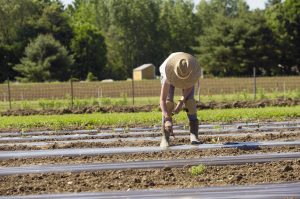
-
building healthy soil through crop rotations, organic soil amendments and erosion management
-
protecting water quality by reducing synthetic chemical use
-
managing pest and weed problems with integrated, ecologically sound approaches
-
increasing farm profits and income stability through diverse, community-based enterprises
-
using knowledge of scientific principles to propose and test farming practices that better mimic natural ecosystems.
The University of Maine was the first in the country to offer a bachelor’s degree in sustainable agriculture. The Sustainable Agriculture program, initiated in 1988, has been highlighted in the Chronicle of Higher Education.
With this degree, students can find employment as a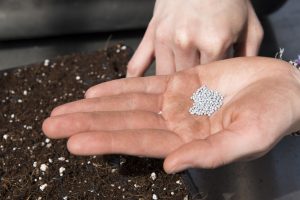
-
community food-based nonprofit organization employee
-
manager of an organic or sustainable farm
-
self-employed market or dairy farmer
-
research technician
-
sales and marketing professional for a food retailer, wholesaler, cooperative or direct marketing initiative (e.g., supermarket chain, producer cooperatives)
Program Goals and Learning Outcomes
Program Goals:
1. Graduates of the UMaine SAG program will lead fulfilling and impactful professional lives in fields related to sustainable food, agriculture, or other natural resource management sectors.
2. Graduates of the UMaine SAG program will possess the knowledge and skills needed to succeed in early-career positions in sustainable agriculture, natural resource management, or research.
Program Learning Outcomes:
After successful completion of the program students will be able to:
- Communicate professionally and clearly using a variety of media and approaches.
-
- Students will interact in a professional manner with community partners in a service-learning context.
- Students will demonstrate scholarly writing by summarizing scientific literature, formulating individual ideas, and presenting written information clearly.
-
- Analyze agricultural production systems, over a range of scales, and design innovative strategies to improve yield, economic returns, delivery of ecosystem services, and farm family wellbeing.
-
- Students will complete a field experiment to test a hypothesis addressing their research question, including appropriate control treatments, for comparison.
-
- Develop analyses and recommendations based on credible, evidence-based information and sources.
-
- Students will prepare and give well organized presentations, supported by relevant technical information that is clearly explained within the allotted time.
-
- Understand and explain fundamental principles of crop and soil science, agroecology, and systems thinking.
-
- Students will be able to diagnose plant diseases using a microscope. They will understand principles of how disease occurs, conditions of disease epidemics and disease management.
- Students will demonstrate the ability to grow high quality plants and document their ability to use environmental, nutritional, and scouting data recorded in the greenhouse, to make decisions regarding plant production.
-
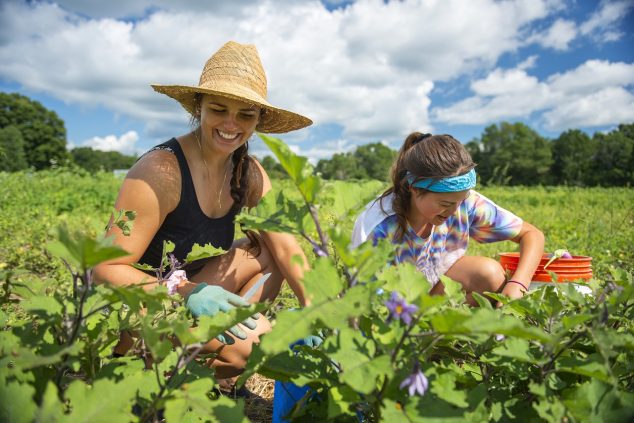
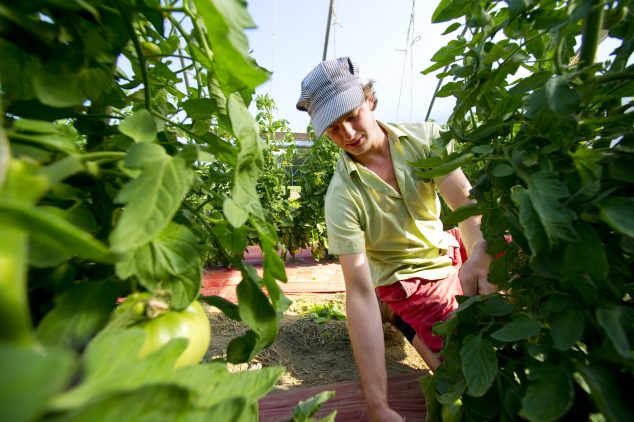
For more information contact: Bryan Peterson (207.581.2918, bryan.j.peterson@maine.edu)
Sustainable Agriculture curriculum
Offer an Internship opportunity to UMaine Sustainable Agriculture students.
Apply to UMaine.
Associated Faculty
-

Stephanie Burnett
Associate Professor of Horticulture
207.581.2937
-

Lily Calderwood
Extension Wild Blueberry Specialist and Assistant Professor of Horticulture
207.812.2915
-
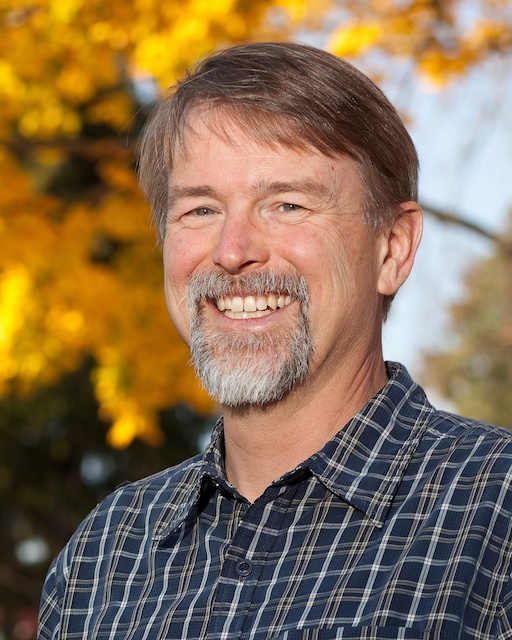
-

Charlene Spindler Gray
Academic Program Coordinator for Environmental Horticulture and Sustainable Agriculture
207.581.2948
-
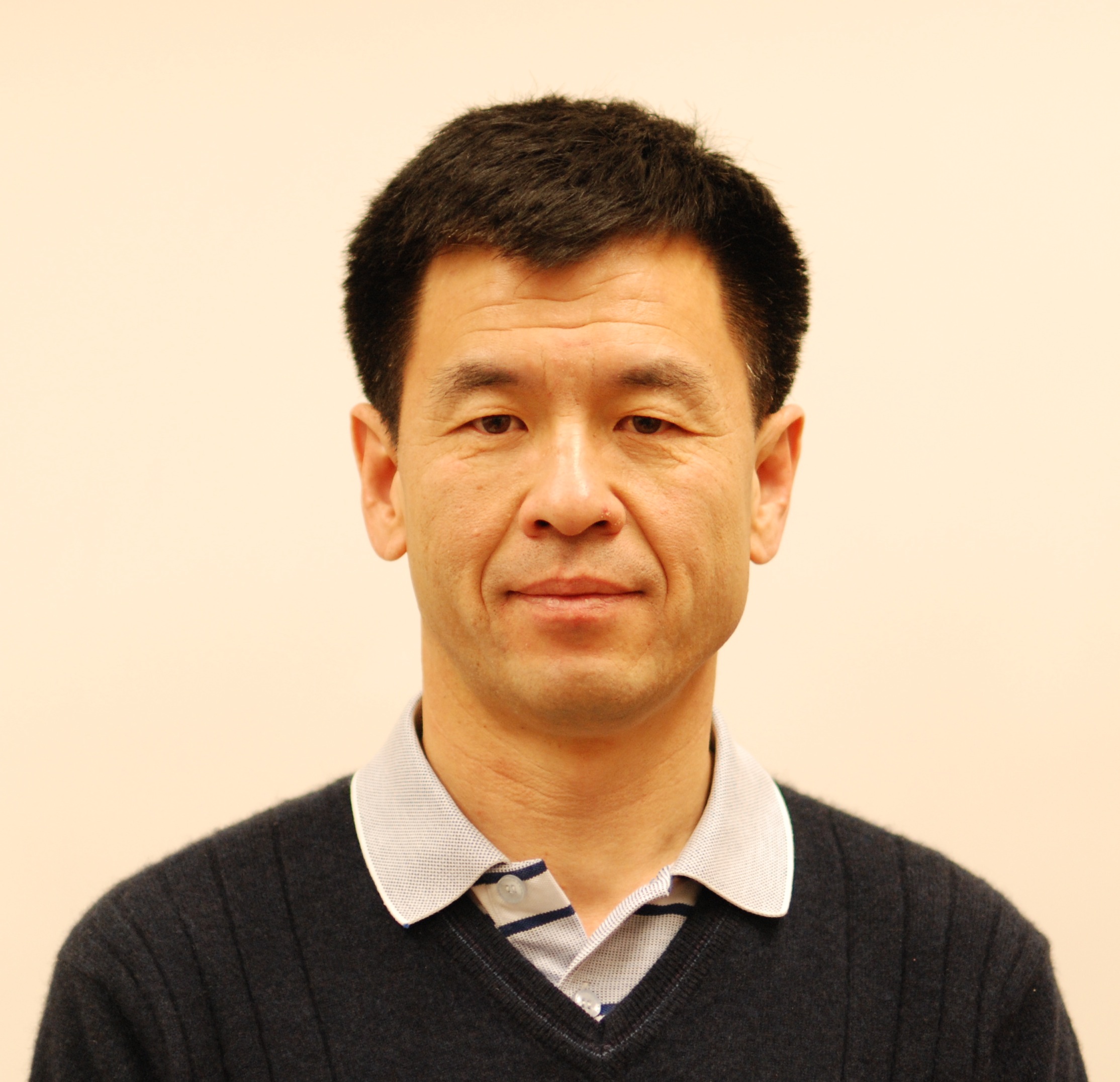
Jianjun (Jay) Hao
Associate Professor of Plant Pathology
207.581.2564
-
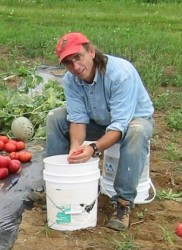
Mark Hutton
Associate Professor of Vegetable Crops and Extension Vegetable Specialist
207.933.2100
-

Ellen Mallory
Professor of Sustainable Agriculture and Extension Specialist
207.581.2942
-

Renae Moran
Professor of Pomology and Extension Tree Fruit Specialist
207.933.2100
-

Bryan Peterson
Interim Director & Associate Professor of Environmental Horticulture
207.581.2918
-

Rachel E. Schattman
Assistant Professor of Sustainable Agriculture
207-581-2913
